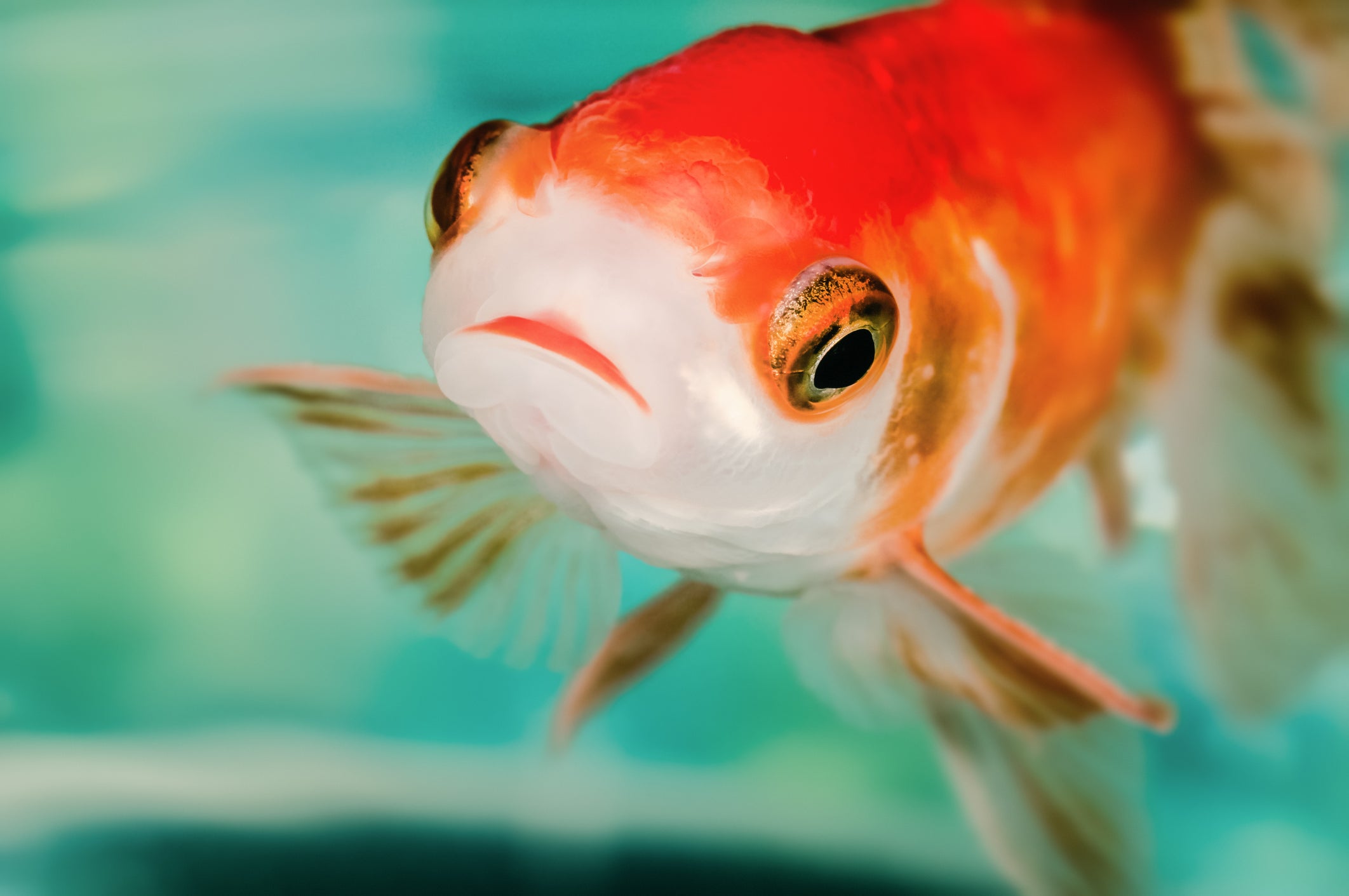Do fish blink, and why don’t chickens fly?
We explore the curious questions that science can answer

Do fish blink?
No. Like snakes, they don’t have moveable eyelids. Instead, they have a transparent eye protector permanently in place. Fish have excellent eyesight and can see parts of the spectrum we can’t. They rely heavily on visual signals for species recognition, choosing a mate and territorial defence.
When a cat gets fat, do its whiskers grow longer?
No. The length of a cat’s whiskers is set genetically. If a cat grows fat, the whiskers become too short to be useful as “width guides”. The cat could get stuck if it tries to squeeze through a hole that its whiskers tell it that it can get through.
Why don’t bats make a sound out loud?
Bats do make sounds, but our ears aren’t sophisticated enough to hear them. Bats make sounds at a very high pitch, so high that it’s called ultrasound. Like dolphins and whales, bats use sound to locate their prey and work out where they are and where they want to go. It’s called echolocation. The sounds bats make bounce off objects like buildings, trees, animals and so on, similar to an echo, which the bats listen to and can then determine how far away and what shape an object is.
So bats can hear the sounds they make, but we can’t.
Do giraffes have valves in their arteries to stop the blood in their necks from flowing back to their hearts?
No – but then no animal does. Giraffes are mammals, as are humans. In terms of bodily structures and internal organs, everything is much the same (if different in shape). The circulatory system consists of a pump (the heart) that pushes blood into the arteries. These connect with the veins through capillaries. Arteries do not have valves; veins do: as the blood leaves the heart, it travels at very high pressure and doesn’t need valves to ensure the flow is in one direction. Pressure in the veins is low. The movement of blood returning to the heart is helped by a series of valves preventing backflow.
How much better are dogs at smelling than humans?
It is thought that dogs are a million times better at smelling certain scents than humans. There are several reasons. A dog’s nose has four times the volume of ours, and while a human nose has about 5 million ethmoidal (olfactory) cells, some dogs have more than 200 million. A dog’s nose is designed to pick up scents – it is large and wet, collecting and dissolving scent particles. When a dog finds a scent, it starts salivating – the wet tongue also helps to pick up and dissolve more scent particles.
How many teeth does a great white shark have?
The front teeth of sharks are constantly replaced by rows of teeth growing behind them. The adult great white shark has an average of 3 to 34 teeth in its front row. Each tooth has a new one ready to swing into place, so the total number of teeth in the shark’s mouth is 60 to 68, of which only half are in use.
Why can’t chickens fly?
Although chickens have lost most of their ability to fly, they still have the same characteristics as other flying birds and can fly short distances. They have air sacs around the lungs for efficient breathing, and their bones contain numerous air cavities that make them lightweight for flying.
Domestication and selective breeding over the years are mainly responsible for them having lost the ability to fly. Archaeological evidence from human settlements in Indo-Pakistan dating back to 3250BC shows that chickens have been domesticated for thousands of years. They have been selected for their meat quality, the white meat on the breast and even possibly the fact that they are bad at flying. Centuries of unnatural selection have resulted in the present-day chicken, which is an incredibly poor flier.
Join our commenting forum
Join thought-provoking conversations, follow other Independent readers and see their replies
Comments
Bookmark popover
Removed from bookmarks